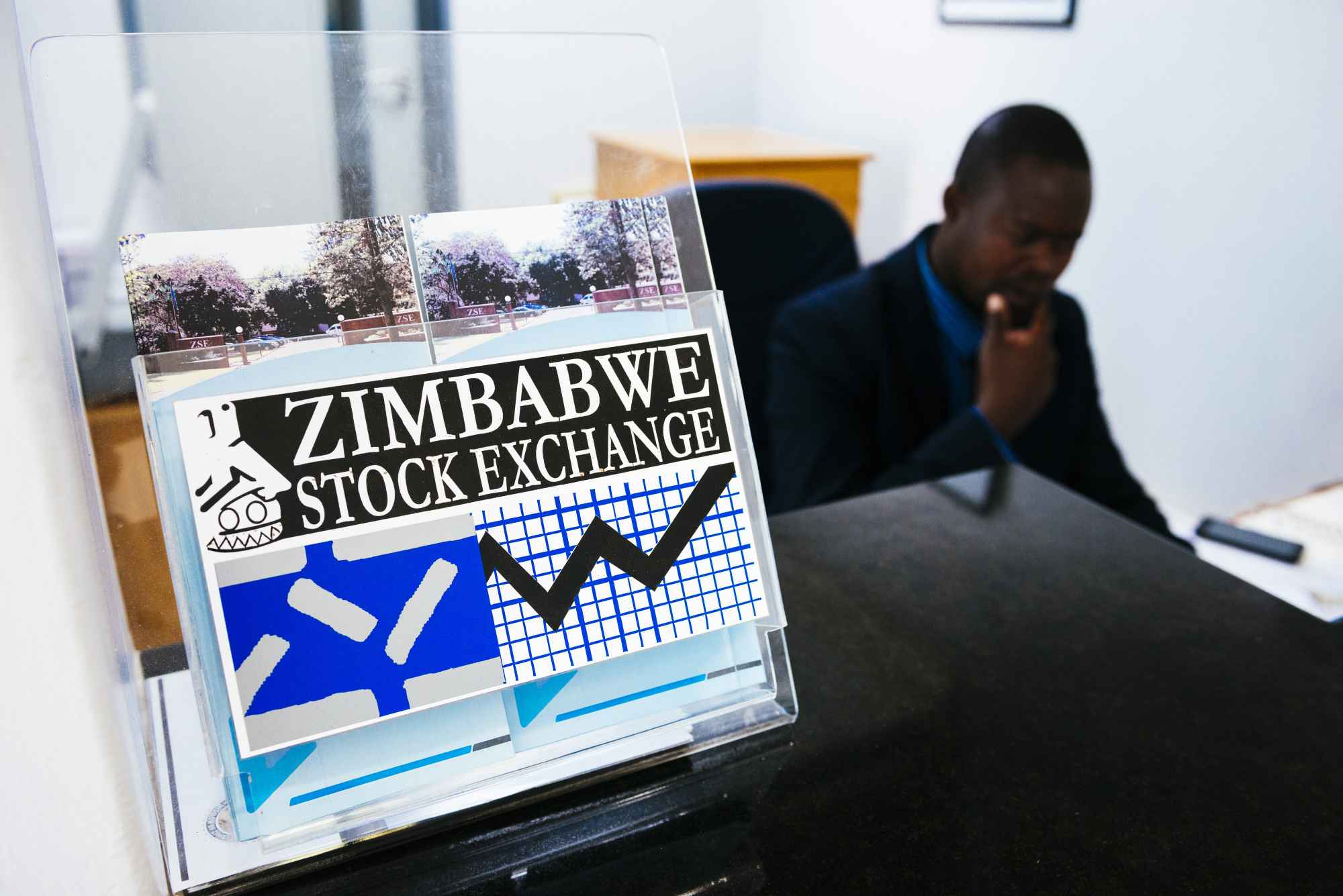ZSE remains a safe haven for locals as IMF downgrades growth prospects in 2021

Investing over the years has been quite tricky for Zimbabwean investors, from negative yields in money markets, inflation erosion because of money printing and policy inconsistencies around the exchange rate determination, local markets were quite unattractive to any investor. In contrast the local bourse the Zimbabwe Stock Exchange has been the safe haven for locals.
For the local investor looking to invest in capital markets the ZSE has proven to be the only tested and proven safe refuge. The ZSE has been used by the locals for inflation hedging over the years and the bourse continues to churn out inflation beating yields. According to AfricanMarkets.com, the ZSE is among the top performing stock exchanges in USD terms in 2021.

With a fragile exchange rate where the gap between the official rate (84.4826) and the parallel rate (around 130) keeps on widening over time (now the discrepancy being at 50%) nothing will stop the ZSE as the destination of all excess funds. The result being that fund managers and retail investors will continue to shun unattractive returns in the money market which appear to be negative and channel funds towards the Zimbabwe Stock Exchange.
Meanwhile the recent warning from the IMF over the excessive issuance of Treasury bills by the government could trigger inflation thereby negatively affecting growth prospects of the economy. The treasury uses funds from the proceeds of the commercial paper issued to fund its ever-growing expenditures. The other reason why the government is issuing these bonds is because of lack of alternative financing options from foreign institutions due to debt overhang.
The IMF warned that the move of excessively issuing Treasury Bills might trigger inflation after the government had entered the market trying to raise ZW1 Billion as its revenues can’t sustain it growing expenditure.
Such a development comes as the IMF revised downwards Zimbabwe’s GDP growth prospects to 3.1% due to limited fiscal support and the devastating effects of Covid-19. In contrast the Ministry of Finance is defiant on its GDP growth rate of 7.4 % due to a bumper harvest expected since the country received adequate rains.
History has a way of repeating itself in the Zimbabwean context, from inflation to fiscal indiscipline. The Zimbabwean economic environment with the local currency (the RTGS) is always susceptible to inflation – Harare

